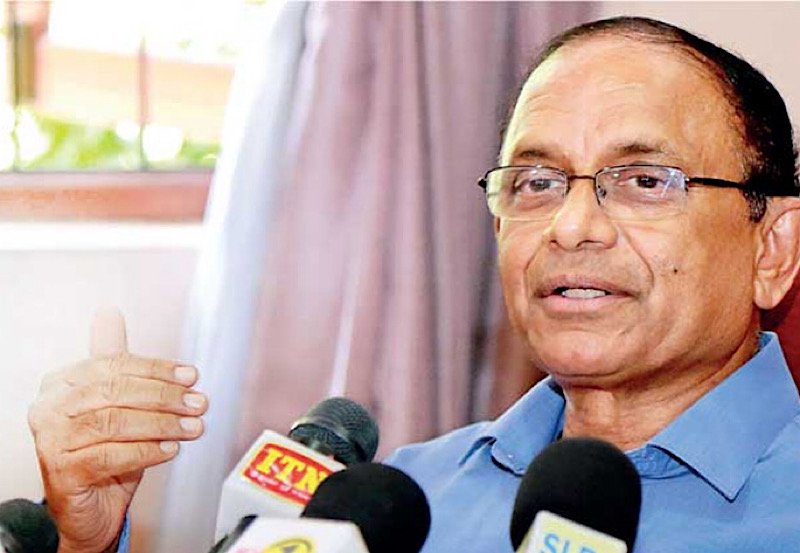

Dr. Jayampathi Wickramaratne, the former MP who played a pivotal role in drafting the 19th Amendment, has issued a statement clarifying the reasons behind certain constitutional decisions and addressing recent remarks by President Ranil Wickremesinghe.
Wickremesinghe had recently attributed a constitutional error to Dr. Wickramaratne, prompting the latter to set the record straight.
Dr. Wickramaratne explained that the upper limit of the term of the President and Parliament, as mentioned in Article 83 of the Constitution, was intentionally left unchanged during the drafting of the 19th Amendment to avoid the need for a referendum.
In his statement, Dr. Wickramaratne detailed the sequence of events leading up to the amendment. He recalled how presidential candidate Maithripala Sirisena had signed a memorandum of understanding with a coalition of 49 political parties and organizations led by Venerable Maduluwawe Sobitha Nayaka Thero, pledging to abolish the Executive Presidency.
However, the next day, Sirisena signed another MOU with the Jathika Hela Urumaya, committing not to introduce any constitutional changes requiring a referendum. Sirisena's election manifesto also reiterated this stance.
Upon his election, President Sirisena appointed Ranil Wickremesinghe as Prime Minister, and constitutional affairs were gazetted under the Prime Minister's jurisdiction.
A Cabinet sub-committee headed by Wickremesinghe was formed to oversee the drafting of the 19th Amendment. The initial draft team included three retired officials from the Legal Draftsman’s Department, Dr. Wickramaratne, and another lawyer.
The drafting process was conducted with the explicit aim of avoiding a referendum, in line with President Sirisena's electoral promises. While the amendment proposed reducing the terms of the President and Parliament from six to five years, it did not alter the six-year upper limit specified in Article 83, as doing so would necessitate a referendum.
Dr. Wickramaratne emphasized that Article 83 itself requires any amendments to its provisions to be approved by a two-thirds majority in Parliament and a public referendum.
Dr. Wickramaratne also noted that several drafts of the amendment were reviewed and discussed with the Cabinet sub-committee before being sent to the Legal Draftsman and subsequently the Attorney-General. The Attorney-General advised that certain clauses, particularly those reducing presidential powers, would require a referendum, leading to multiple revisions of the bill. Prime Minister Wickremesinghe held several meetings with the Attorney-General to address these concerns.